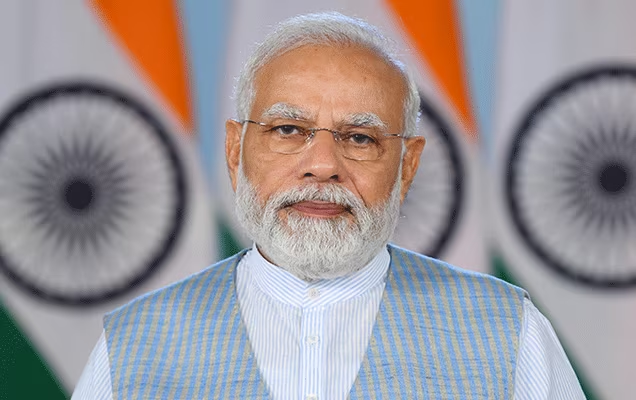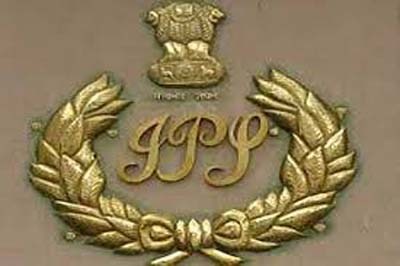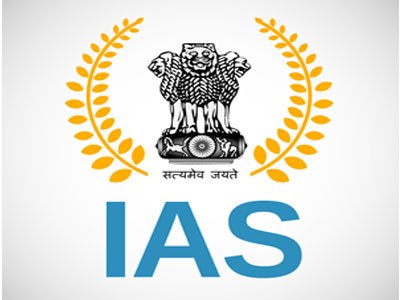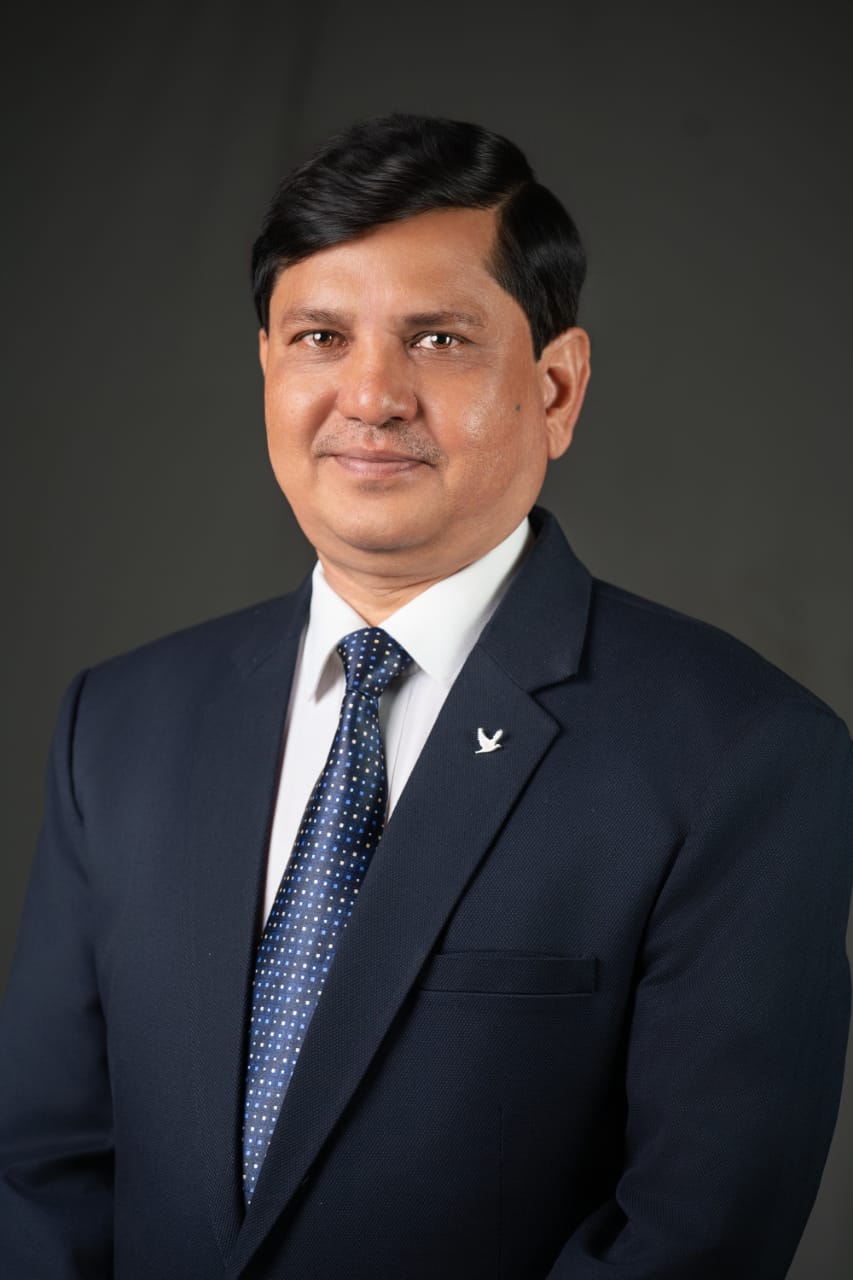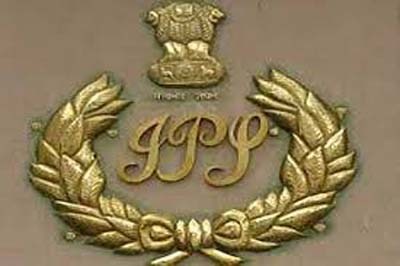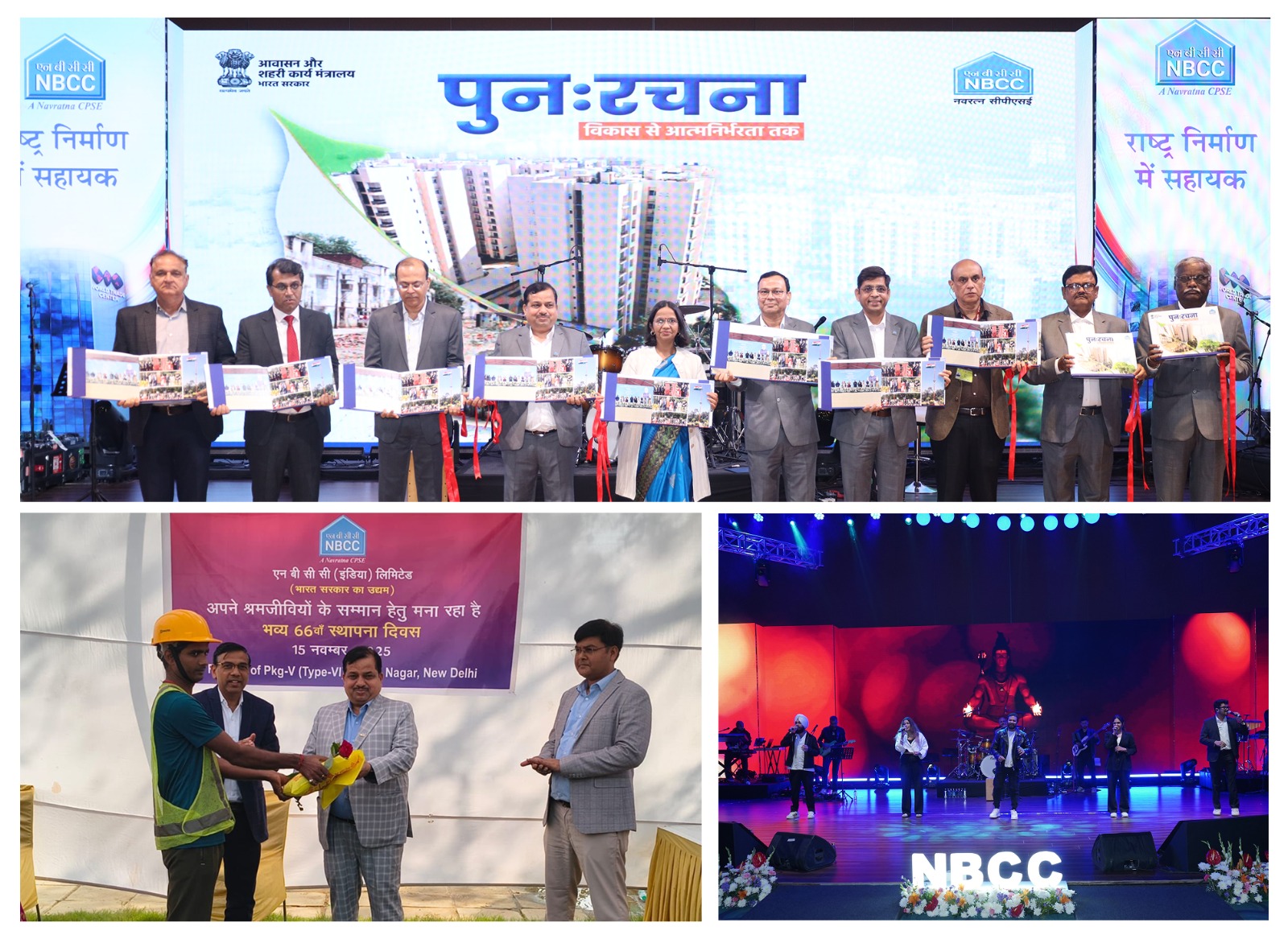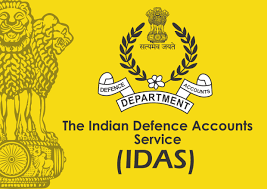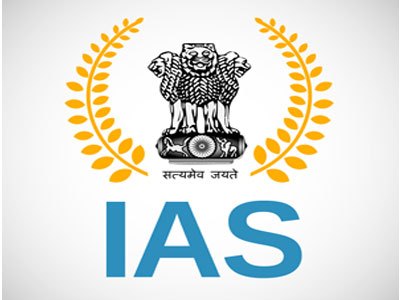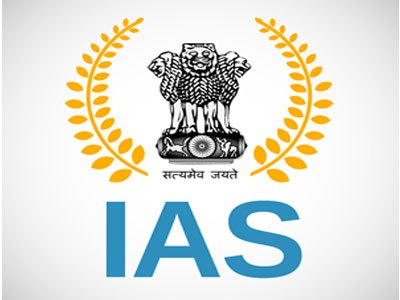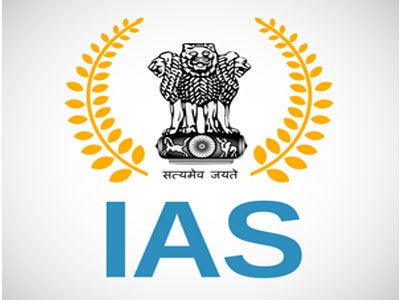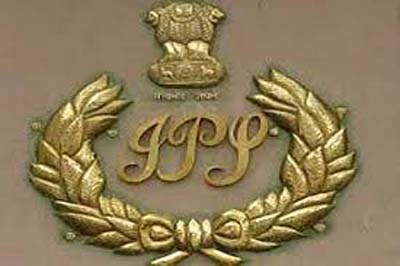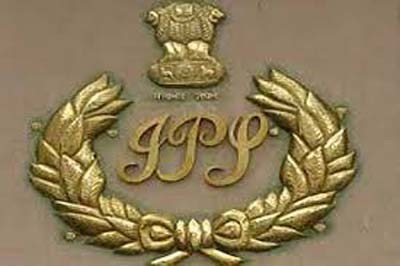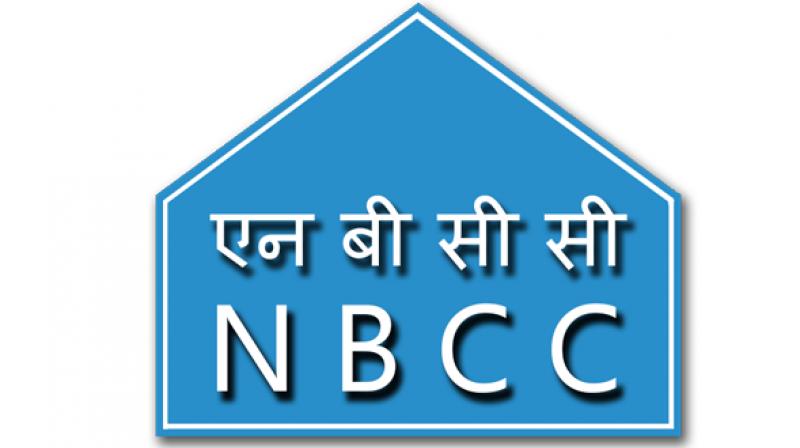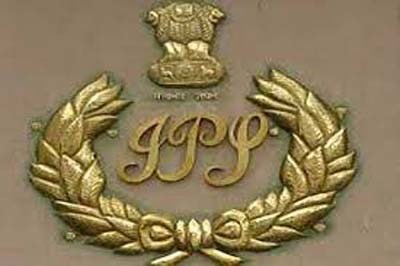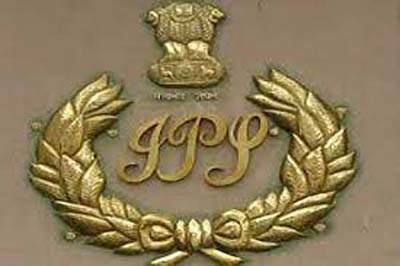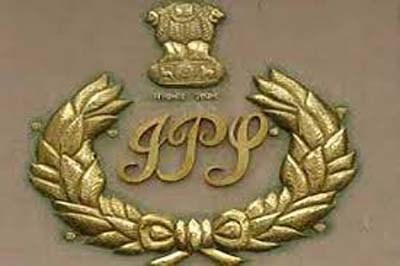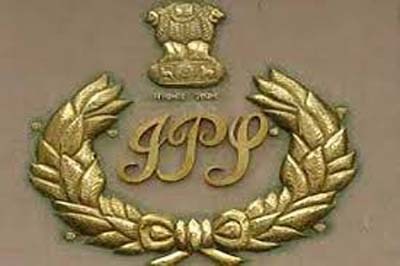Narendra Modi addressed a gathering during the World Food India 2025 at Bharat Mandapam in New Delhi today. Speaking at the occasion, the Prime Minister remarked that farmers, entrepreneurs, investors, innovators, and consumers were all present together at the event, making World Food India a platform of new contact, new connect, and creativity. He shared that he had just visited the exhibitions and expressed happiness that the primary focus was on nutrition, reducing oil consumption, and enhancing the healthiness of packaged products. The Prime Minister extended his congratulations and best wishes to all participants of the event.
Prime Minister remarked that every investor evaluates the natural strengths of a location before making an investment. He highlighted that today, global investors—especially those in the food sector—are looking towards India with great optimism. “India possesses a triple strength of diversity, demand, and scale”, highlighted Shri Modi, stating that India produces every type of grain, fruit, and vegetable, and this diversity makes the country uniquely positioned in the global landscape. He noted that every hundred kilometers, the cuisine and its flavors change, reflecting India’s rich culinary variety. The Prime Minister underscored that this strong domestic demand gives India a competitive edge and makes it a preferred destination for investors.
“India is operating at an unprecedented and extraordinary scale. In the past ten years, 25 crore people have overcome poverty and are now part of the neo middle class—India’s most energetic and aspirational segment”, remarked the Prime Minister, stating that the aspirations of this class are shaping food trends and driving demand. He emphasized that India’s talented youth are innovating across sectors, and the food sector is no exception. “India is now the world’s third-largest start-up ecosystem, with many start-ups working in food and agriculture”, exclaimed Shri Modi, pointing out that technologies like AI, e-commerce, drones, and apps are being integrated into the sector, transforming supply chains, retail, and processing methods. He affirmed that India offers diversity, demand, and innovation—all key factors that make it the most attractive destination for investment. Reiterating his message from the Red Fort, the Prime Minister declared that this is the right time to invest and expand in India.
Acknowledging that the challenges of the twenty-first century are well known to all, and India has consistently stepped forward to play a positive role whenever global challenges have arisen, Shri Modi highlighted that India continues to contribute actively to global food security. He emphasized that the strength of India’s agriculture sector has grown due to the hard work of farmers, livestock rearers, and fishermen, supported by government policies. He noted that food grain production has seen significant growth over the past decade. The Prime Minister stated that India is the largest producer of milk, contributing 25% of the global milk supply, and is also the leading producer of millets. He added that India ranks second globally in rice and wheat production and has a substantial contribution in fruits, vegetables, and fisheries. The Prime Minister affirmed that whenever there is a global crop crisis or supply chain disruption, India stands firm and fulfills its responsibility.
Emphasizing that India is committed to expanding its capacity and contribution in the global interest, the Prime Minister stated that the government is strengthening the entire food and nutrition ecosystem by engaging every stakeholder. He highlighted that the food processing sector is being actively promoted, with 100% FDI now permitted. He noted that the sector has also benefited from the PLI scheme and the expansion of mega food parks. Shri Modi remarked that India is currently running the world’s largest storage infrastructure scheme. He affirmed that these government efforts are yielding results, with India’s processing capacity having increased twentyfold over the past ten years and exports of processed food more than doubling.
Highlighting the critical role of farmers, livestock rearers, fishermen, and small processing units in India’s food supply and value chain, Shri Modi remarked that over the past decade, the government has strengthened all these stakeholders. The Prime Minister noted that more than 85% of farmers in India are small or marginal, and therefore, policies and support systems were developed to empower them. He emphasized that today, these small farmers are emerging as a major force in the market.
Pointing out that micro food processing units are being operated by self-help groups, which include crores of villagers across India, Shri Modi stated that the government is supporting these groups through credit-linked subsidies, and ₹800 crore has already been transferred to beneficiaries. He emphasized that the government is also expanding Farmer Producer Organizations (FPOs), with 10,000 FPOs established since 2014, connecting lakhs of small farmers. He noted that these FPOs help farmers bring their produce to markets at scale and are also playing a major role in the food processing sector by developing branded products. The Prime Minister remarked that the strength of India’s FPOs is astonishing, with over 15,000 products now available on online platforms. He listed examples such as basmati rice, saffron, and walnuts from Kashmir; jams and apple juice from Himachal; millet cookies from Rajasthan; soya nuggets from Madhya Pradesh; superfood makhana from Bihar; peanut oil and jaggery from Maharashtra; and banana chips and coconut oil from Kerala. He affirmed that from Kashmir to Kanyakumari, FPOs are delivering India’s agricultural diversity to every household. The Prime Minister shared that over 1,100 FPOs have become millionaires, with annual turnovers exceeding ₹1 crore, and are playing a vital role in increasing farmers’ incomes and generating employment for youth.
